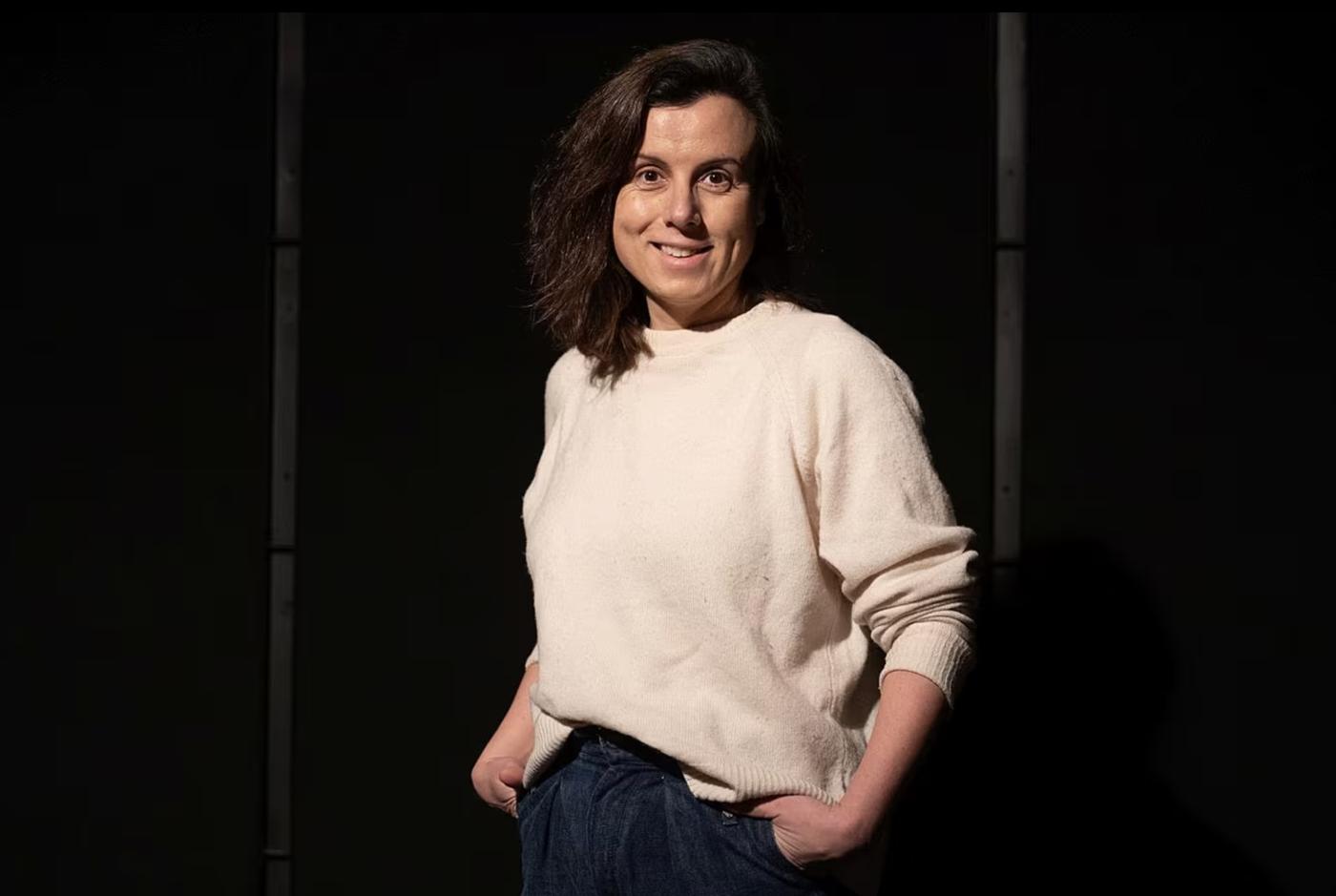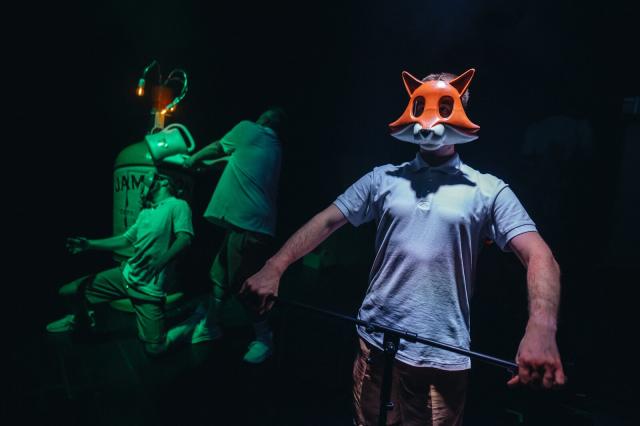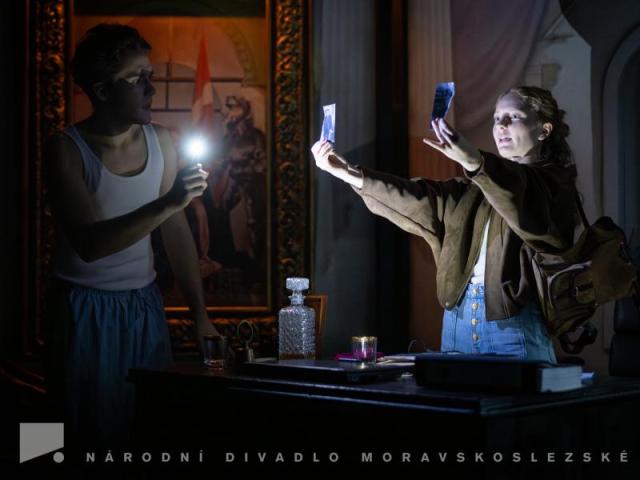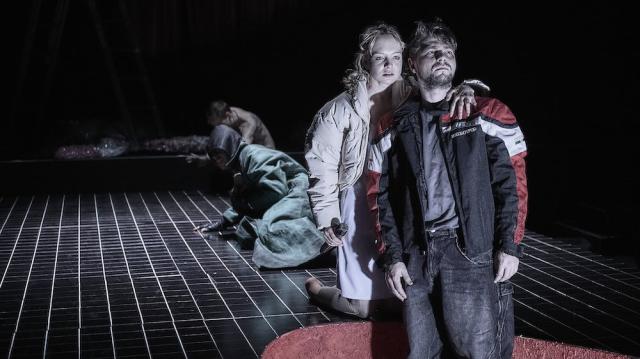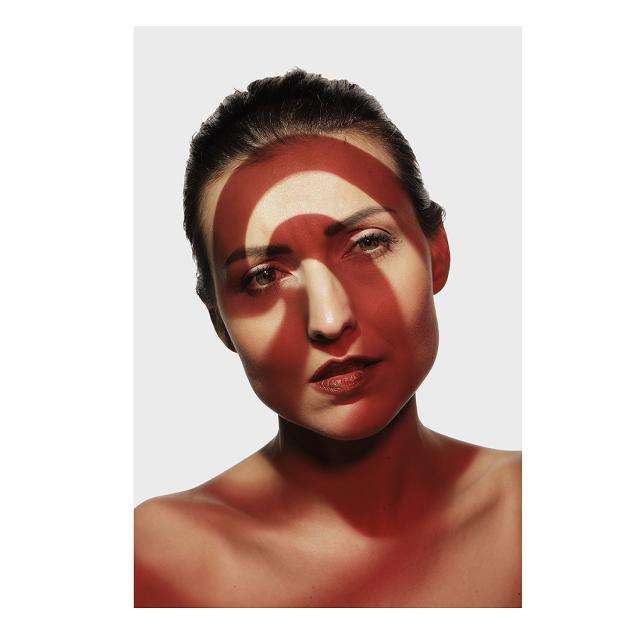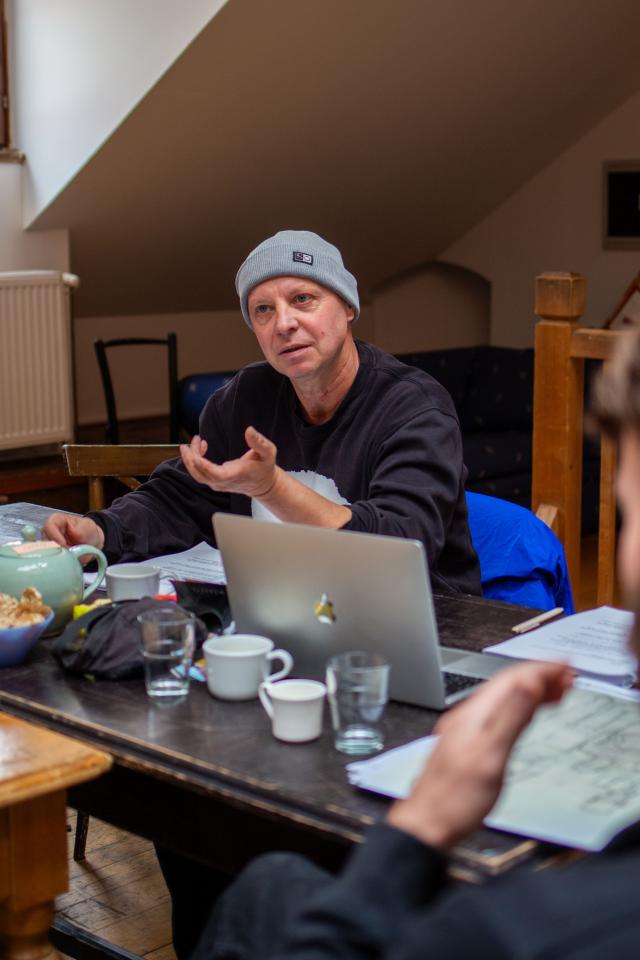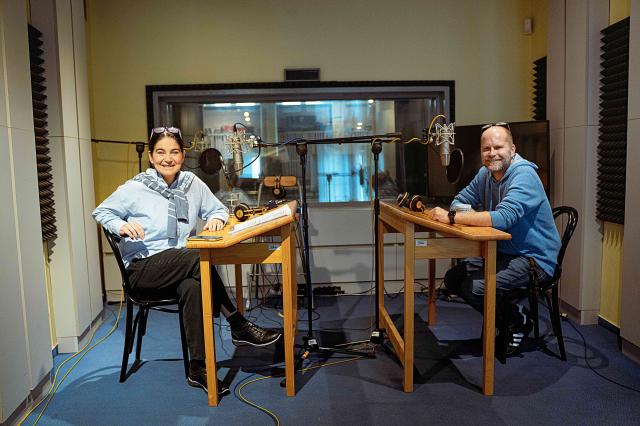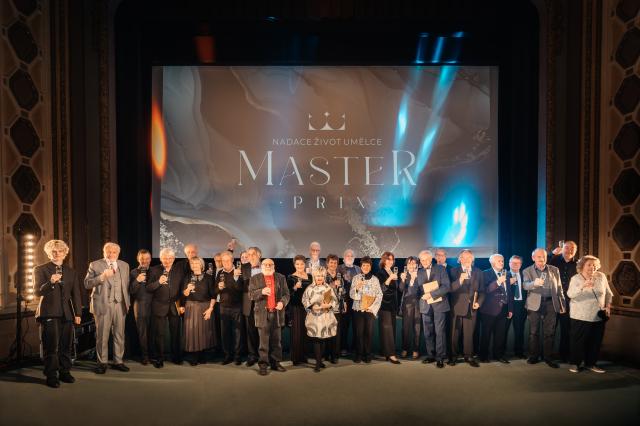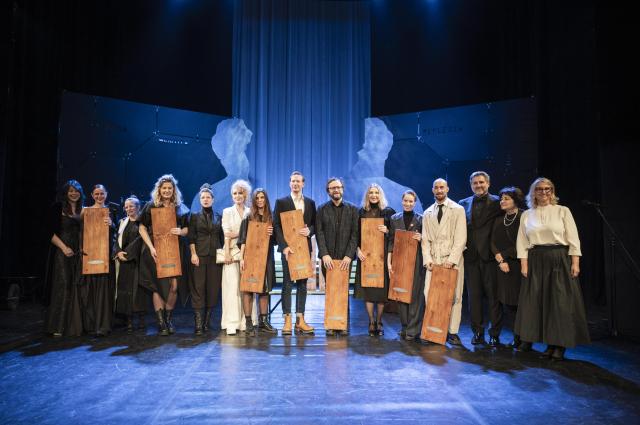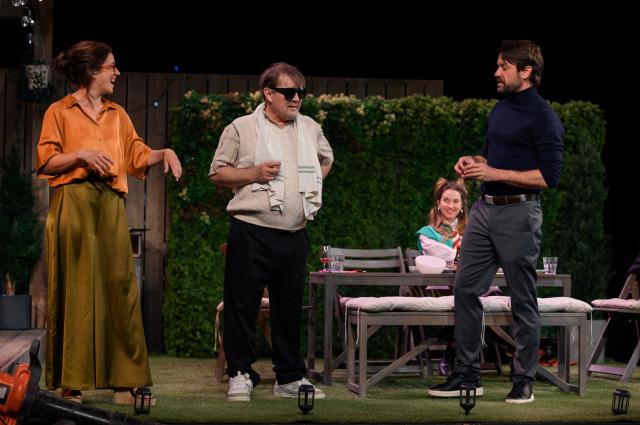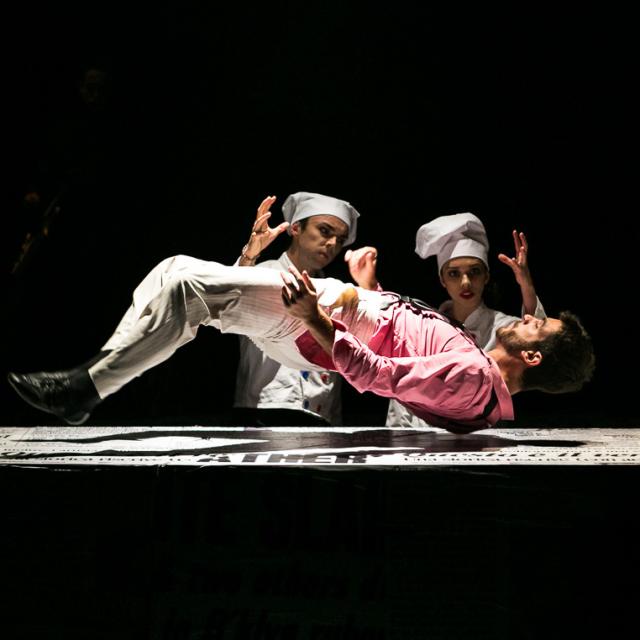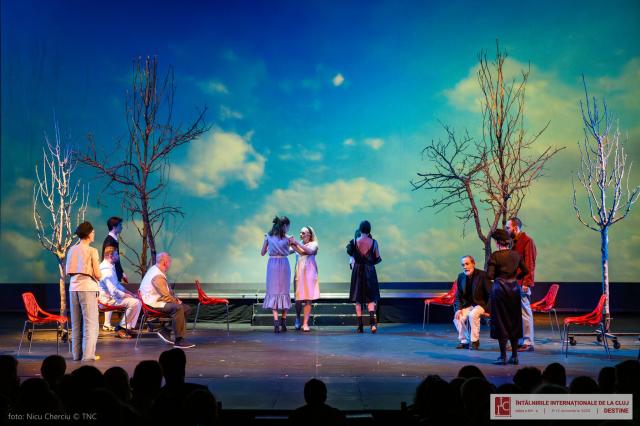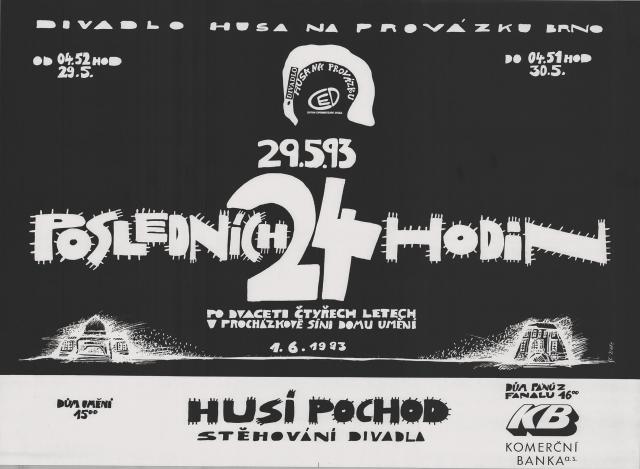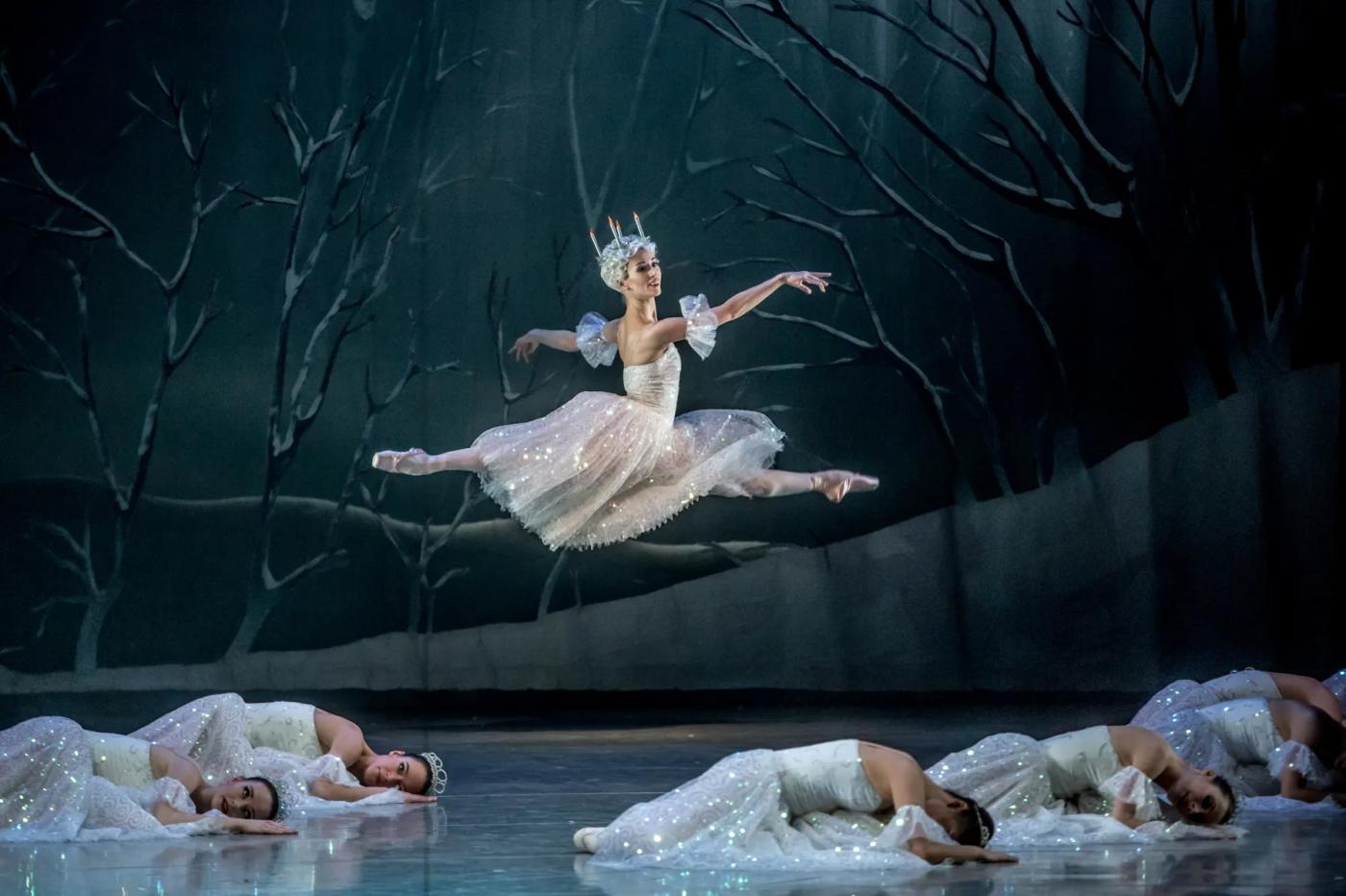
Divadelní noviny 9/2025

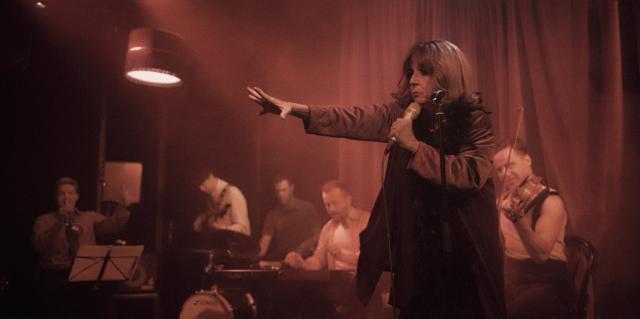
Olmerka není tragický pomník
Předstoupit před publikum a tvářit se, že „jsem“ někdo, koho si podstatná část hlediště může ještě, byť většinou ne z přímého osobního kontaktu, pamatovat, je vždycky ošemetné. Kristýna Nebeská a Maxim Bitto jako scenáristé a Natália Deáková jako režisérka tenhle problém obešli elegantně. Když představitelka hlavní role inscenace divadla Viola s názvem Olmerka poprvé předstoupí před publikum, představí se: „Já jsem Bára Hrzánová.“ A karty jsou rozdány.
Podcasty
Čert, blázen a svět, který zmizel - první pětka knižních tipů
Co komu pod stromek, když jsou svátky za dveřmi? Ohřívadlo hibači, vatovaný kabát nenneko nebo snad hmoždinky aikugi? A když ne tyhle dávné věci v reálu, pak aspoň v jejich knižní verzi.

Chci předplatné
10 čísel časopisu přímo do vaší schránky
Přístup ke všem článkům Online
Koupit jedno číslo na zkoušku
Slevy pro studenty
Profil
Divadelní noviny jsou nekomerční kulturní médium. Vznikly v roce 1992 v návaznosti na čtrnáctideník Scéna věnovaný divadlu i filmu. Náš cíl je přinášet kritické pohledy na divadelní dění nejširší veřenosti ale i odborné veřejnosti. Otevírat a dávat prostor aktuálním tématům, přinášet kvalitní zpravodajství.
Redakce
Autorský okruh časopisu tvoří renomovaní čeští divadelní kritici, divadelní publicisté a teatrologové. K širšímu autorskému týmu patří i osobnosti z různých kulturních a uměleckých oborů, divadelníci a jiní umělci.
Více o nás

